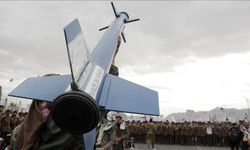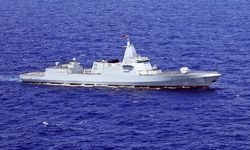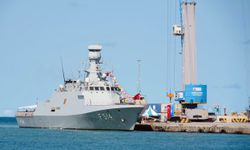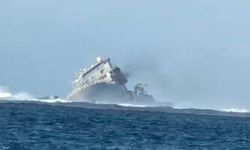While the mission aims to be operational within a few weeks, deploying at least four vessels to ensure the freedom of navigation in the Red Sea, the Houthi rebels, backed by Iran, have been targeting shipping in the region since November, citing solidarity with Palestinians in Gaza during the Israel-Hamas conflict. The EU joins the United States and Britain in addressing this threat, with the U.S. already leading its own naval coalition in the area.
Numerous Houthi attacks have disrupted shipping, prompting some companies to seek alternative routes. Recent incidents include the targeting of the British-registered Rubymar, the U.S.-owned Sea Champion, and the Navis Fortuna, described as "American" by the rebels.
The EU mission, set to last initially for one year, focuses on protecting civilian shipping in the Red Sea. The overall commander will be Greek, with Italy taking the lead officer position for operational control at sea. France, Germany, Italy, and Belgium have committed to contributing ships to the mission.
As attacks persist, Qatar's energy minister calls for a ceasefire in Gaza to alleviate insecurity in the Red Sea, which has disrupted oil deliveries and trade. Meanwhile, Egypt notes a significant decline in revenues from the Suez Canal, emphasizing its economic impact.
The EU assures that the mission's mandate excludes attacks on Yemeni soil, with continuous military coordination planned with the United States and other regional forces. The launch of this mission is considered a crucial step toward strengthening common European defense, according to Italian top diplomat Antonio Tajani.






